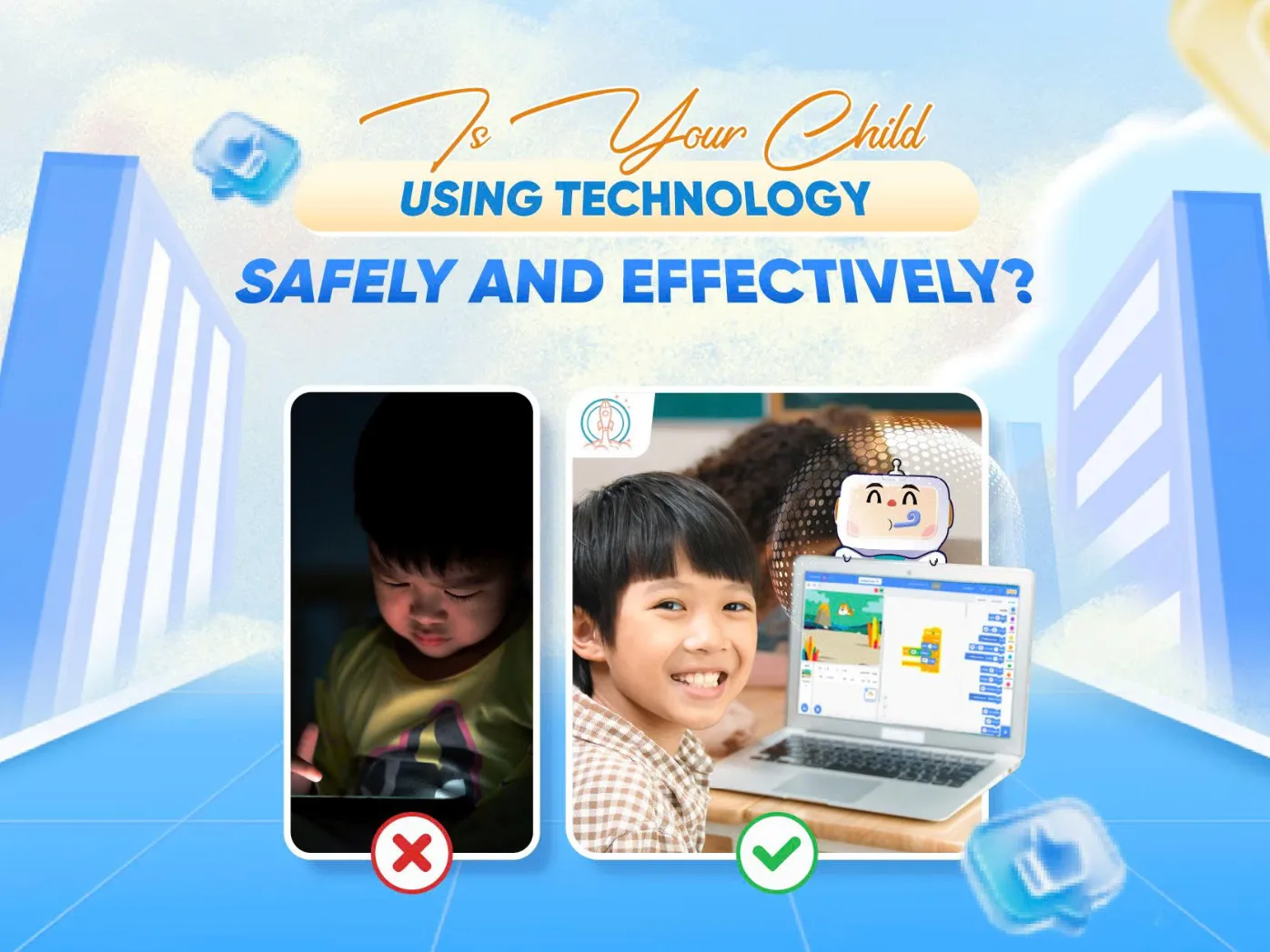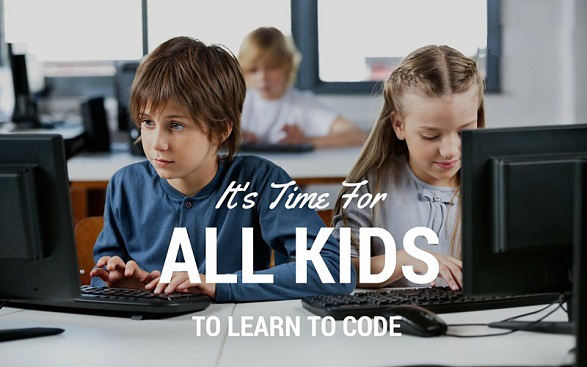There is a saying: “Skillful communication conquers the world.” In this rapidly evolving era of information and communication, effective communication has become an incredibly important and essential skill. Whether in school, family, or society, good communication skills enable children to express their opinions with confidence, build relationships, and establish a solid foundation to “cope with” future changes and succeed more easily in life. But what does it mean to know how to speak effectively? How can we develop effective communication skills in the digital age? Let’s find out with OneSpace!
1. Definition of communication skills in the digital age
Communication skills are not only about conveying information effectively but also the ability to express ideas, viewpoints, and emotions clearly and confidently. In the digital age, communication skills include not only face-to-face conversations but also the use of technology, media, social networks, and digital applications to communicate and interact with others. While technology brings many benefits to communication, it also presents some challenges. Children may easily get distracted by electronic devices, lack direct social interaction skills, and may express themselves impulsively. Therefore, it is essential to help children improve and enhance their communication skills effectively in the digital age.
2. How to develop effective communication skills for children in the digital age?
2.1. Guide children to use technology positively
Guiding children to use technology positively is a crucial factor in helping them develop effective communication skills in the digital age. Set reasonable time limits for children’s technology use to avoid excessive reliance on phones, tablets, or mobile devices, which may hinder their social development. Instead, encourage children to spend time engaging in outdoor activities, conversing with friends and family, and enjoying life beyond the digital realm.
2.2. Teach children how to behave on social media
Parents should teach children to keep personal information, such as full names, addresses, phone numbers, and other sensitive details, private. They should avoid posting sensitive information on social media and only share such information with trusted individuals. Children also need to learn how to interact positively and use polite language. They should refrain from engaging in arguments or posting offensive content on social media and learn to respect others’ privacy when participating in online forums or groups.
2.3. Create opportunities for positive online communication
Provide children with opportunities to participate in positive online communication activities, such as joining knowledge-sharing groups, academic forums, or online charity projects. Here, children can discuss life issues with friends, learn how to ask questions, and comfortably share their opinions and thoughts. This helps children experience a positive and healthy communication environment, learn to work in teams, and effectively solve problems in a digital setting.
2.4. Cultivate listening skills
There is a famous saying that “Successful communication is 90% listening.” Therefore, listening skills are crucial in communication. Teaching children to listen actively helps them become trustworthy individuals who understand and empathize with others more effectively. Parents should teach children not to interrupt when others are speaking, avoid judging or imposing their opinions on others. Additionally, in the current information age, parents need to equip children with the ability to listen and accurately evaluate information on the internet to avoid spreading false or inaccurate information. This helps children learn how to actively, selectively, and confidently listen when giving opinions and feedback.
3. Developing communication skills in the digital age with OneSpace
In addition to nurturing technological aspirations and programming skills, OneSpace also helps children develop effective communication skills in the digital age:
- Cultural communication: In OneSpace’s bilingual classes, children participate in a multicultural learning environment, interacting with students from different countries and various cultural backgrounds. Through online interaction, children can easily make new friends, learn to respect different viewpoints and ways of thinking while confidently expressing their opinions and engaging naturally.
- Improving teamwork skills: Throughout the learning process, OneSpace encourages and provides opportunities for children to participate in group projects. This helps children learn to share ideas, listen to others, and respect their peers’ opinions.
- Enhancing presentation and persuasion skills: After completing the courses, children present their projects to teachers and classmates. This experience allows children to face the crowd, express ideas clearly, and present arguments to defend their projects against comments from their peers.
Communication skills in the digital age are crucial tools that parents should equip their children with right now. So what are you waiting for? Register to experience OneSpace now at the link to communicate confidently and step confidently into the future!














